May 19, 2025 | 22:56 GMT +7
May 19, 2025 | 22:56 GMT +7
Hotline: 0913.378.918
May 19, 2025 | 22:56 GMT +7
Hotline: 0913.378.918
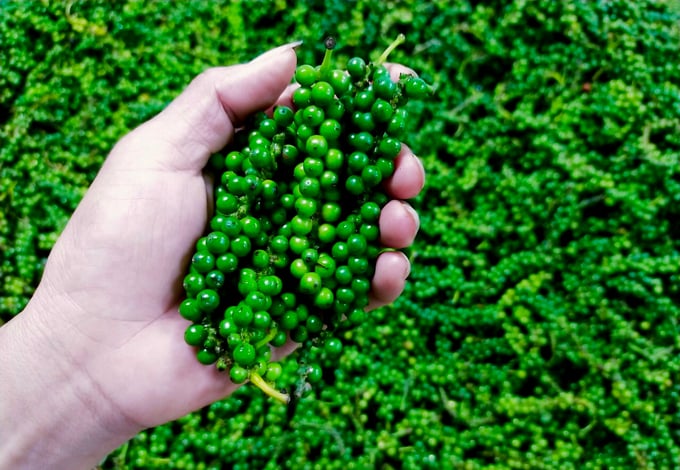
Vietnamese pepper yield is expected to decrease by 10% this year. Photo: Son Trang.
The prices of Vietnamese pepper have exhibited positive signals during the Lunar New Year of 2024. Accordingly, prices remained at a steady level above 80,000 Vietnamese dong per kilogram throughout the holiday. According to Mr. Hoang Phuoc Binh, Vice Chairman of the Chu Se Pepper Association in Gia Lai province, pepper prices historically tend to decrease during the Lunar New Year as farmers rush to sell their crops for holiday spending. Consequently, traders aim to capitalize on this opportunity by driving prices down. However, the prices of Vietnamese pepper remained high during the Lunar New year holiday of 2024 as farmers refrained from flooding the market with their produce.
The prices of Vietnamese pepper have been on a steady rise following the Lunar New Year holiday, with the highest levels recorded falling between 95,000 and 96,000 Vietnamese dong per kilogram. Reduced output is the main factor resulting in the high prices. According to the Vietnam Pepper and Spice Association (VPSA), the yield of Vietnamese pepper is projected to decrease by 10% down to 170,000 tons in 2024, which is the lowest level in nearly five years.
The International Pepper Community (IPC) reported that global pepper yield reached 539,000 tons in 2023, representing a decrease of 4.3% compared to that of 2022. The decline is mainly attributed to Brazil, India, and Indonesia. IPC forecast a further decrease of 1.1% in global pepper yield in 2024, which is equivalent to 6,000 tons. This reduction is primarily caused by the reduced yield in Vietnam, whereas increases are expected in Brazil and India, with weather conditions being the main influencing factor. Other pepper producing countries are projected maintain a steady level of pepper yield without significant changes.
However, according to Mr. Nguyen Tan Hien, Vice Chairman of VPSA, global pepper yield in 2024 experience a more significant drop compared to IPC's forecast. Namely, pepper yield is forecast to in Brazil; however, severe drought occurred in Brazil towards the end of 2023, affecting several pepper-producing regions throughout the country. Notably, regions with an expected harvesting season between March and June 2024 are heavily impacted. As a result, pepper yield in Brazil is likely to continue its decline in 2024.
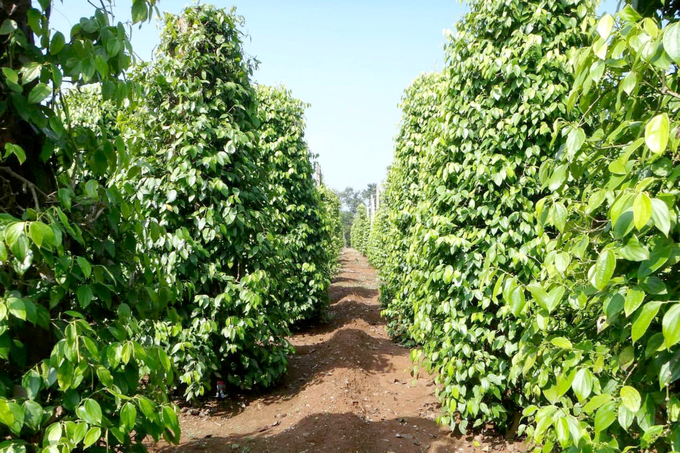
A pepper farm in Chau Duc district, Ba Ria - Vung Tau province. Photo: Son Trang.
Farmers actively retaining pepper stocks also significantly contribute to the price increase. Mr. Binh shared that following the pepper price crisis which occured several years prior, pepper farmers in Vietnam incurred heavy losses. Consequently, they removed pepper plants from their farm, and transition to other crops or alternative occupations. The majority of the affected farmers were inexperienced in pepper farming, but pursued the 'pepper rush' when prices surged to over 200,000 Vietnamese dong per kilogram in 2015. People who remained committed to pepper farming throughout multiple sharp price declines are typically seasoned pepper farmers with market knowledge and diversified income sources. As a result of this year's high pepper prices and the forecast of further increases, a large number of farmers are proactively withholding their pepper stocks from the market in anticipation of higher prices.
Furthermore, according to industry insiders, traditional durian farmers in the Central Highlands and Southeast regions are also engaging in speculative pepper trading. Mr. Le Tuan Nin, a farmer in Bau Chinh commune, Chau Duc district, Ba Ria - Vung Tau province, revealed that when pepper prices plummeted to 50,000 to 60,000 Vietnamese dong per kilogram, with lowest levels recorded falling below 40,000 Vietnamese dong per kilogram in 2019, local farmers removed pepper plants and switched to growing other crops, including durian.
After successfully selling durian at high prices and earning substantial profits in early 2024, many local durian farmers capitalized the rising pepper prices and purchased pepper seeds for stockpiling. Subsequently, they anticipate further price increases to sell for additional profit. Unlike durian, which must be sold when ripe and cannot be stockpiled for speculation, pepper seeds can be stored indoors for several years with relatively unchanged quality if properly preserved. The practice of selling durian to purchase pepper seeds for storage has also contributed to the steadily rising pepper prices.
Many Vietnamese pepper traders believe that pepper is currently experiencing a new cycle of price escalation due to low supply and high demand. This cycle is expected to last longer than previous price surge cycles, which averaged at 8 to 10 years, with the most recent cycle spanning from 2006 to 2015. Despite the increasing pepper prices, farmers will refrain from rushing to grow pepper plants as seen in 2016-2017, because pepper currently faces strong competition from various other profitable crops such as durian and coffee in the Central Highlands and Southeast region. Despite the rising prices, profits from pepper farming is relatively lower compared to that of durian farming.
Translated by Nguyen Hai Long
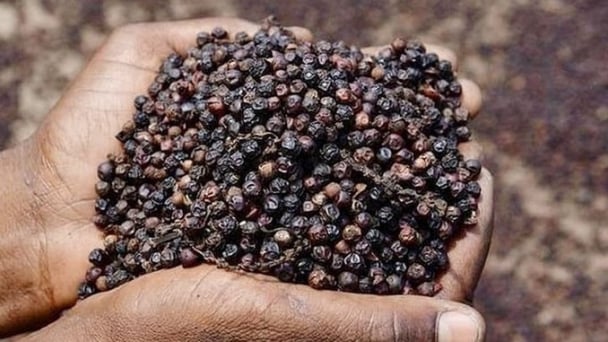
(VAN) Pepper prices on May 16, 2025, fluctuated by VND 500–1,000 domestically, trading at VND 151,000 – 152,000/kg. Global pepper prices remained stable.
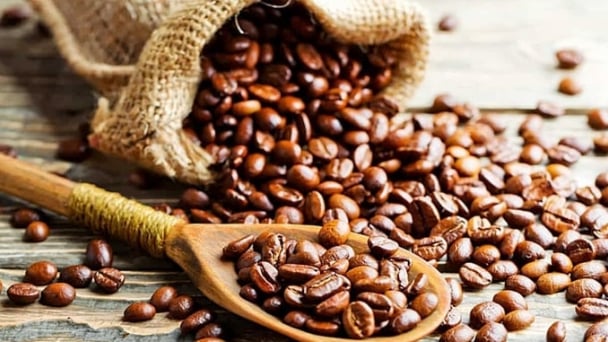
(VAN) Coffee prices on May 16, 2025, edged up by VND 200, trading around VND 125,900 – 126,200/kg. Meanwhile, global coffee prices are showing mixed movements.
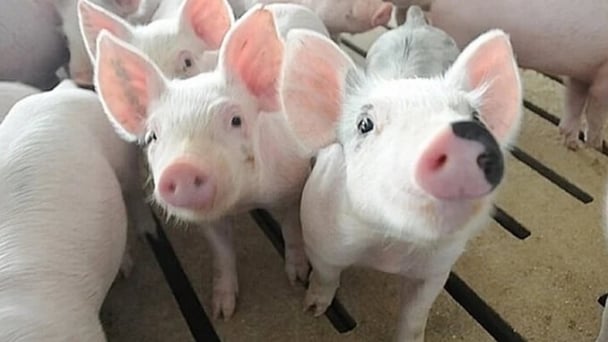
(VAN) Live pig prices on May 16, 2025, continue to remain flat. Live pig prices across the 3 regions are trading in the range of VND 67,000 to VND 75,000/kg.
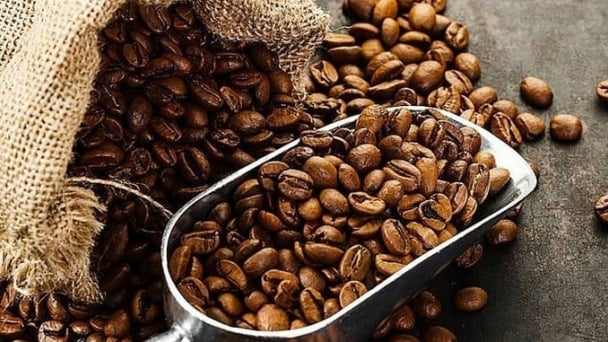
(VAN) Coffee prices on May 15, 2025, fell sharply by VND 2,500, trading at VND 125,700 – 126,200/kg. Global coffee prices also dropped significantly by 3%.
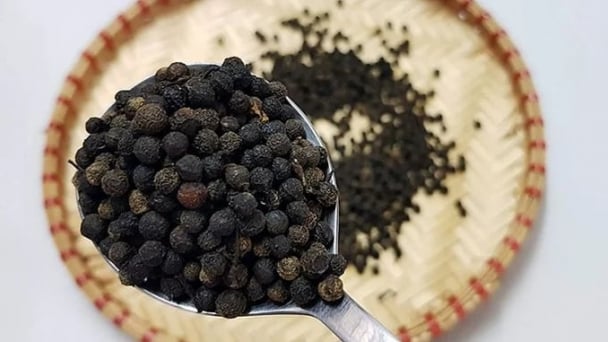
(VAN) Pepper prices on May 15, 2025, remain unchanged domestically, trading at VND 151,000 – 152,000/kg. Meanwhile, global pepper prices show mixed movements.
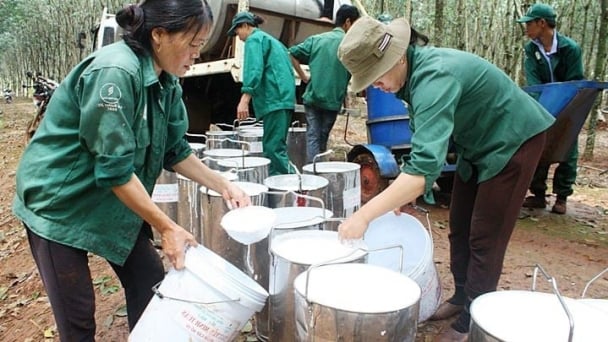
(VAN) Rubber prices on May 15, 2025, rise across global markets. Meanwhile, domestic latex prices remain steady, ranging from VND 397 to VND 462/TSC.
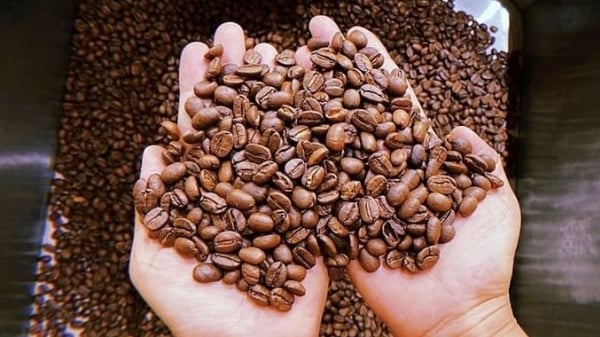
(VAN) Coffee prices on May 13, 2025 decreased by VND 1,200, trading around VND 125,500 – 126,000/kg. Global coffee prices also fell sharply.